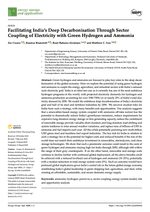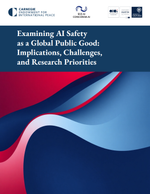Nick Bostrom
Analysis (2009) DOI: 10.1093/analys/anp063
View Journal Article / Working PaperAnthony Brueckner, in a recent article, proffers ‘a new way of thinking about Bostrom's Simulation Argument’ (2008). His comments, however, misconstrue the argument; and some words of explanation are in order. The Simulation Argument purports to show, given some plausible assumptions, that at least one of three propositions is true (Bostrom 2003; see also Bostrom 2005). Roughly stated, these propositions are: (1) almost all civilizations at our current level of development go extinct before reaching technological maturity; (2) there is a strong convergence among technologically mature civilizations such that almost all of them lose interest in creating ancestor-simulations; (3) almost all people with our sorts of experiences live in computer simulations. I also argue (#) that conditional on (3) you should assign a very high credence to the proposition that you live in a computer simulation. However, pace Brueckner, I do not argue that we should believe that we are in simulation.1 In fact, I believe that we are probably not simulated. The Simulation Argument purports to show only that, as well as (#), at least one of (1)–(3) is true; but it does not tell us which one.




